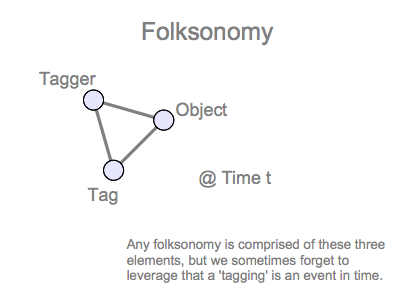This week, things seem to be getting read in pairs.
Today, our sports icons and their demeanor, their control, and their psychology.
Phelps
A great Mark Levine article in the NYTimes about Michael Phelps. I’ve read bio pieces on Phelps before, but as a run-up to the Olympics, this is the best I’ve seen this season.
Indeed, while it is tempting to regard Phelps’s thoroughgoing immersion in chlorinated waters as inevitable — akin to Tiger Woods picking up a golf club or Roger Federer a racquet — his route to success in the pool was, Bowman says, “the confluence of a lot of happy things.” Out on the accidental frontiers of human possibility, the best athletes are produced by a perfect storm of circumstance: rare natural talents; state-of-the-art training; and a deep wash in the murk of psychology, where, perhaps most mysterious of all, ferocious ambition, discipline and capacity for self-sacrifice reside.
Levine writes about the intense focus, or rather, the lack of expression:
He remained underwater for the full 15 meters that swimmers are permitted from a start or a turn. When he emerged, ahead of the field, rising into the lunging motion of the butterfly stroke, his face looked a bit too relaxed for someone who had been exerting himself in an atmosphere that is 800 times denser than the one the rest of us move through. He seemed positively peaceful. His strokes were long and smooth, he kept close to the water to breathe — a sign of exquisite control and efficiency — and he seemed oblivious to Lochte’s presence, one lane over, level with his thighs, within striking distance.
A lot is made of Phelps’ youth and “eastern bloc” upbringing with regards to his rigorous schedule and level of training. Let’s hope his competitive days eventually end with a calm and healthy transition back to mortality.
I met Phelps, out of his element, in a lounge at the United States Olympic Training Center, following swim practice. He was not an eager conversationalist. He fidgeted, resisted eye contact and responded to my questions briefly and with little enthusiasm. After 20 minutes, there was a pronounced silence between us. I’d like to think I understood the discomfort of the meeting. Yes, he was probably tired after practice; no doubt he was run down by endless obligations to the media. Above all, though, it seemed that Phelps was signaling the basic difference between his world and mine, between swimming and talking about it.
Zidane
Meanwhile, UK magazine The Liberal just published a piece on the Zen of Zinedine Zidane. Ed Smith opens with this paragraph:
WHAT is the ultimate quality in a sportsman? Is it athleticism or skill? Maybe it is courage, self-belief or the ability to seize the moment? Perhaps there is something greater still that sets apart the very best: the ability to create the illusion of complicity. Great players, at their peak, sometimes exert such a mastery over opponents that they appear complicit. They reduce usually aggressive competitors to seeming like mere accomplices; the great man is the puppet-master, the feisty opponent just a puppet. Simon Barnes, in his insightful new book The Meaning of Sport, calls this gift ‘Federer’, in honour of the elegant Swiss tennis genius.
To have the gift of ‘Federer’ is to be capable of extracting complicity from the opponent. I really like that.
He goes on:
Zidane has something else, too. Where Federer behaves as if a scrap would be somehow beneath him, Zidane combines calmness with simmering street-wise aggression. There is a darkness to his concentration – he would be just fine if things got nasty, in fact he might relish it. He has ‘Federer’ plus violence. His is not a gentle kind of zen.
“The Federer is strong with this one.”
“It was close until he went all Federer on that guy.”
“Do not anger the Federer.”
Federer
Of course, all this cannot hold a candle to the most excellent piece of sports-related writing I’ve ever read – David Foster Wallace’s 2006 piece entitled: “Roger Federer as Religious Experience”:
Almost anyone who loves tennis and follows the men’s tour on television has, over the last few years, had what might be termed Federer Moments. These are times, as you watch the young Swiss play, when the jaw drops and eyes protrude and sounds are made that bring spouses in from other rooms to see if you’re O.K.
And then…
It was like something out of “The Matrix.” I don’t know what-all sounds were involved, but my spouse says she hurried in and there was popcorn all over the couch and I was down on one knee and my eyeballs looked like novelty-shop eyeballs.
Seriously. Go read it. Again.
Clooney
Lastly, Clooney has something to say about all this for those who are NOT superstars.
“If you can’t beat ’em, cheat.”
“And do drugs, kids.”
Funny man.
Tags: federer - olympics - phelps - zen - zidane




